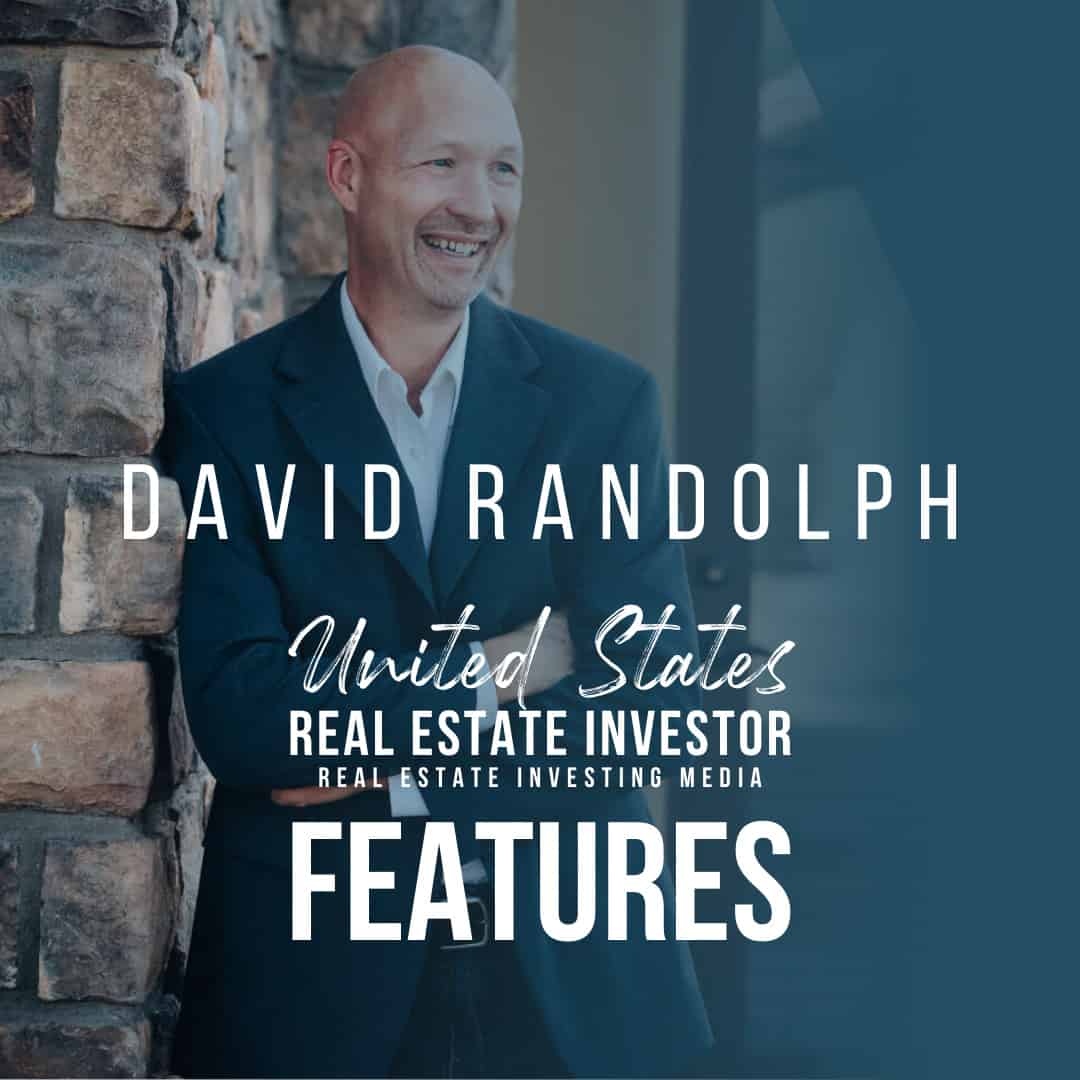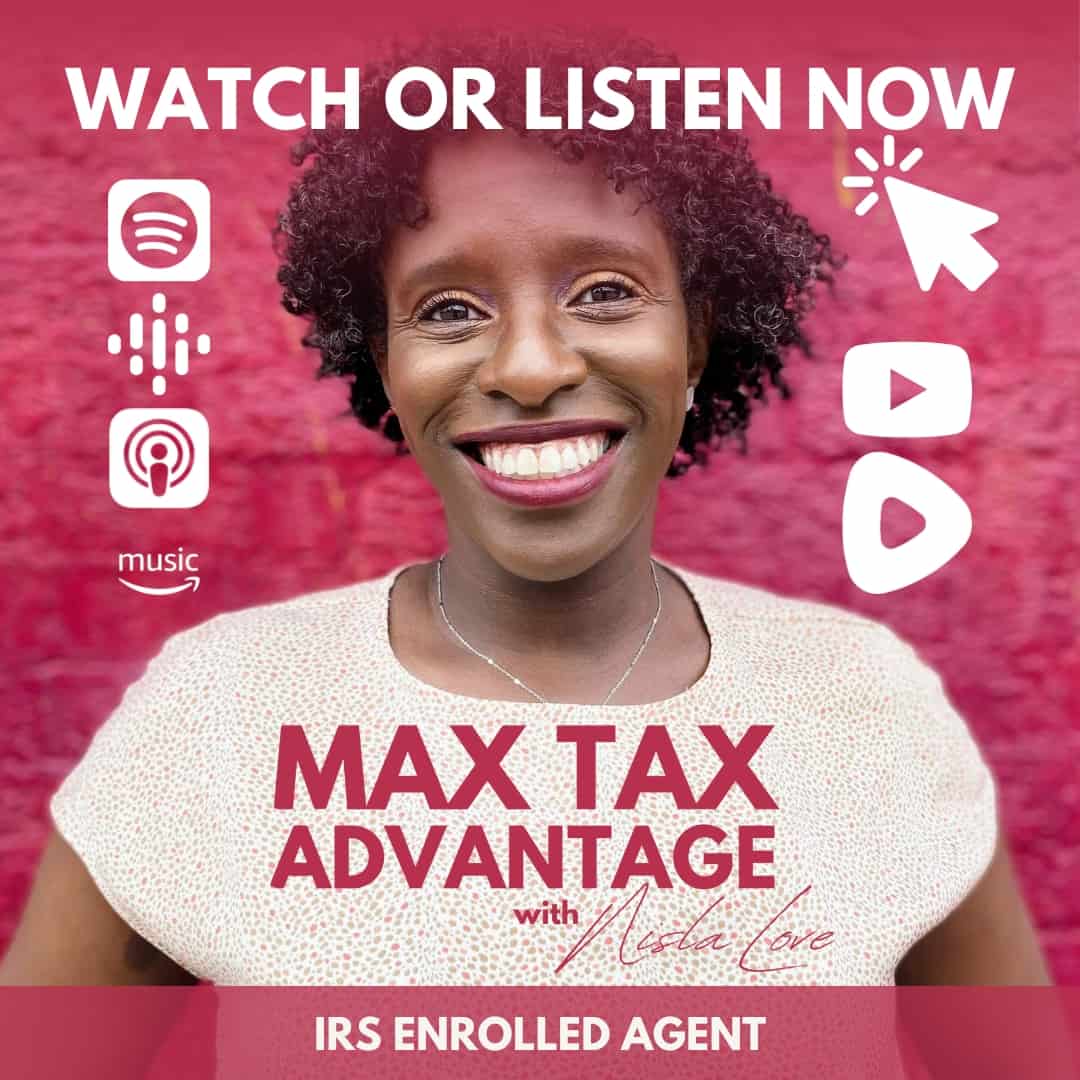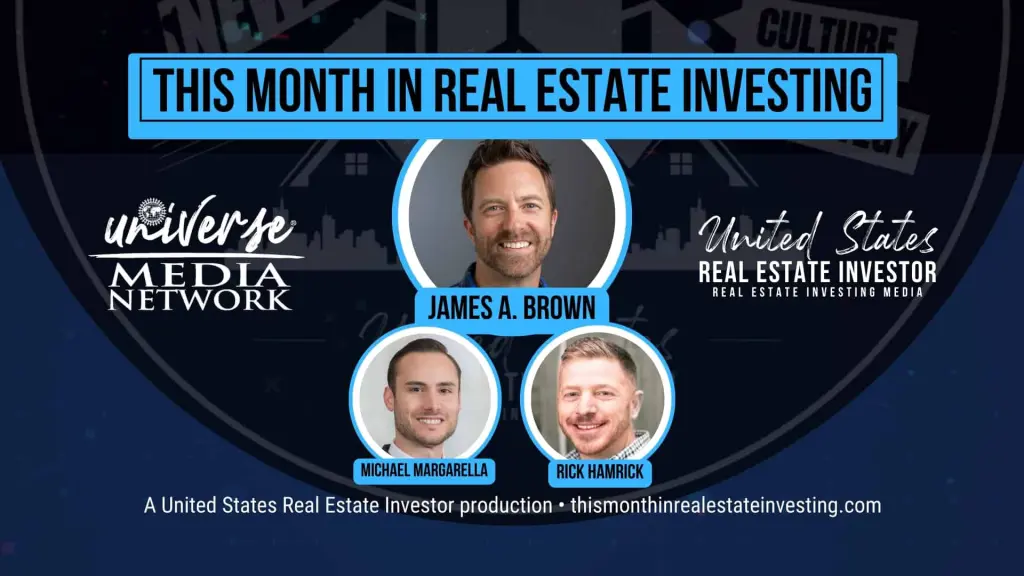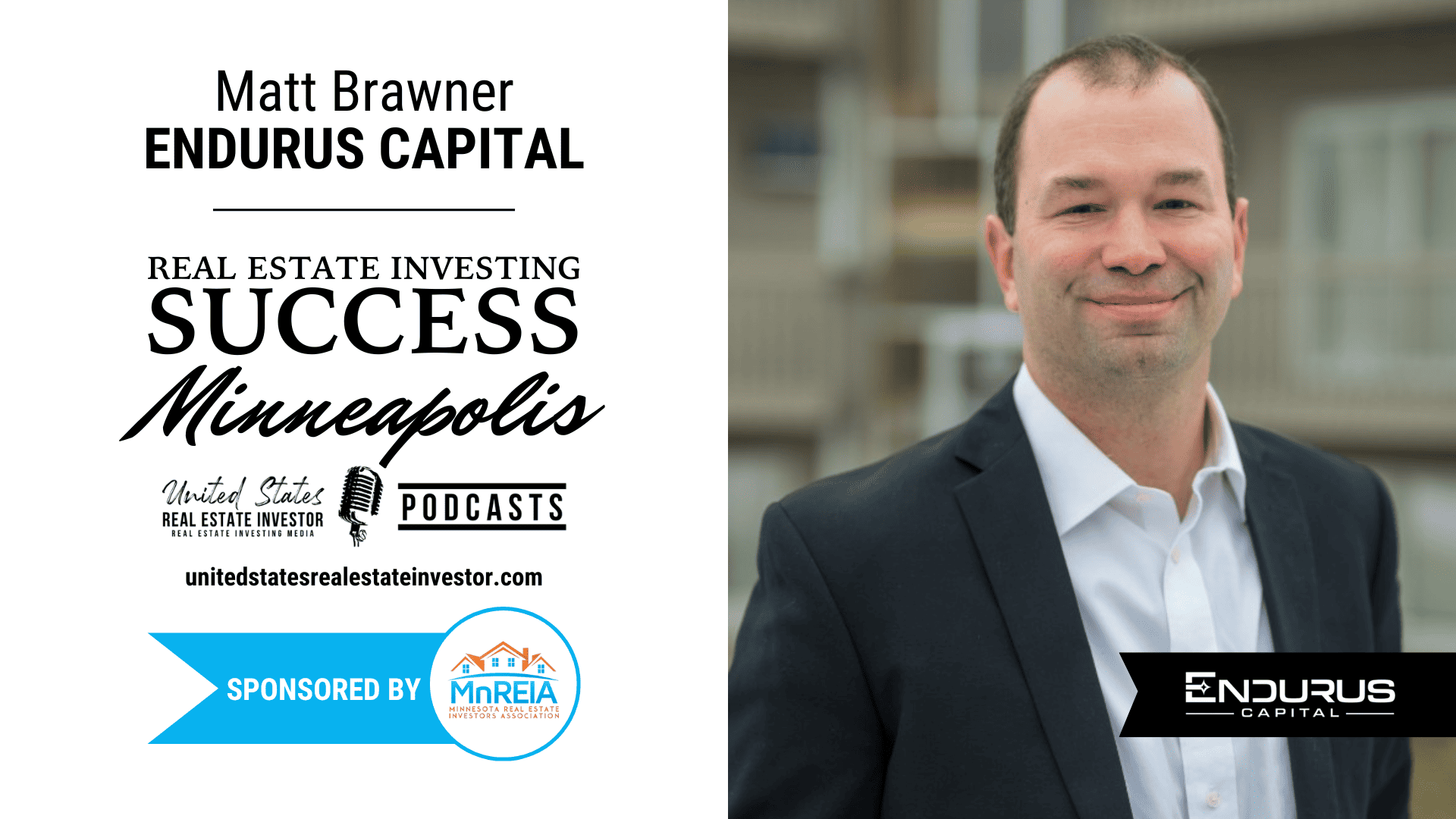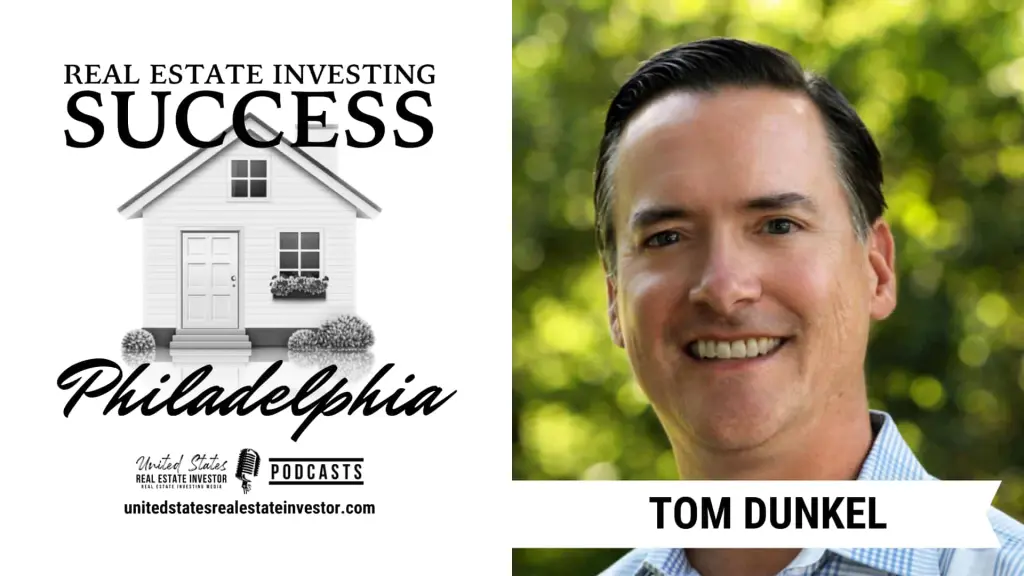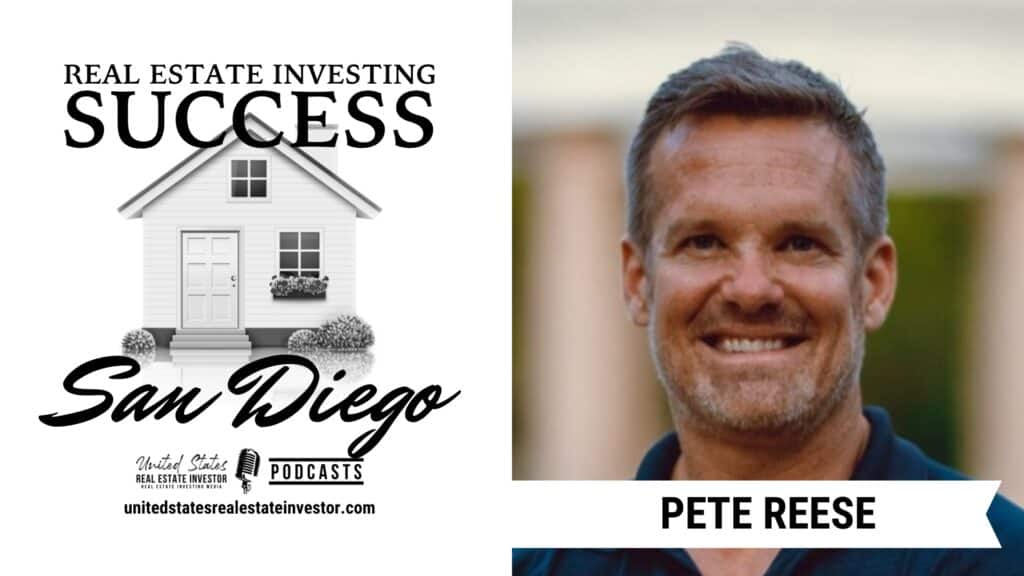The Obvious Investments
When the world changes, perceptions of the future tend to change. What was thought of as a safe activity is now heavily questioned by us all. Queries about our investment plans are no different. Now is a moment in time that some of us begin to focus our pondering on processes to maximize our lifestyles and our financial means for the days ahead.
It is a documented fact that stocks and bonds have outperformed real estate over the past few years. But in the long-term, stocks and bonds will become less sustainable than real estate. Real estate is a tangible asset that stays with you through thick and thin and has a high level of liquidity, unlike the shares of companies that are not liquid enough to be sold at any given time.
In today’s climate of economic uncertainty, investing in stock market activity, not to mention cryptocurrency, is riskier than ever before. Real estate offers an alternative to this risk and should be considered by investors looking to diversify their portfolios while mitigating risks.
Real Estate Investing vs. The Stock Market

Real estate investing is different than stocks because you are not trading pieces of paper or digits on your smartphone display, but rather trading something that’s a tangible asset. Real estate is a long-term investment that has the potential to create lasting stability and benefits which can result in building generational wealth.
A powerful compound effect is that investing in real estate is a great way to build wealth while providing solid homes for families. Among all strategies, real estate investing can be a systematic income stream and an excellent investment strategy that can be legally passed down to your heirs tax-free. Purchasing real estate and renting it out can be one of the best longstanding ways to make money for the long term.
As the stock market continues to shift in unpredictable ways, more and more people are starting to invest in property more than ever before. From small-scale investments to large-scale developments, the world of real estate is an industry that is always profitable, unlike the stock market, which is rife with ongoing, massive volatility.
When getting started, investing in real estate can be quite intimidating. There are many things to consider like renovation and repair costs to insurance, property taxes, and more. By using creative financing and other house hacking tricks, the options are almost endless to get your foot into the industry door.
To ease into the world of real estate investing without jumping headfirst, there are even more choices. With the help of a REIT (Real Estate Investment Trust), investing can be easy. REITs have low startup costs and are liquid assets so you don’t have to wait years for a return on investment. If investing with a REIT sounds good for your financial growth, make sure you conduct thorough research through accredited sources.
Real Estate Investing vs. Bonds

Real estate investments are often marketed as “low-risk, high-return” investments. The risk is usually associated with how the property performs financially by providing a stable cash flow and rental income. Most people see real estate as appealing because it can provide them with a stable and predictable investment to hedge against stocks and other investments that may be at higher risk.
On the contrary, bonds are perceived as being more of an investment in the financial markets and less of an asset. Bonds have a fixed income that is issued by governments or corporations in exchange for lending money to them.
Bond Prices and Return Rates
The bond return percentage, also called the coupon rate, is a measure of the interest that is paid by a bond to an investor. The interest is calculated by multiplying the periodic interest rate by the face value for each period.
The prices of United States bonds are issued by the U.S. Department of the Treasury and are determined by the current interest rates as well as what investors are demanding for a given period of time. The prices can range from $1,000 to $1,000,000 and they have different lengths such as 5 years or 30 years depending on the duration that an investor wishes to purchase a bond.
One of the most important questions for potential bond investors is: How do bond returns fluctuate with the market?
With bonds, the returns are more predictable, stable, and appeal to investors who want to mitigate their risks. The return on a bond is based on two primary factors: (1) the interest rate (2) the time period in which you hold it. The longer the time frame of which you hold the bond, the higher your return will be because of compound interest. It is important to note that lower-risk bonds usually have lower rates of return, because they are less volatile, and thus, less risky for investors to buy them.
Your Investment Strategy and Exit To Freedom
To put it plainly, volatility is not wholly, nor generationally sustainable. Real, hard assets are.
When it comes to choosing your specific investment strategy, it’s best to choose one that aligns with your financial goals and your risk tolerance. I would not think that going all-in on an investment strategy would be the best choice, but some investors in the world would say that is a good approach and have the receipts to prove it.
Personally, I think you should sit down with your accountant, financial advisor, and maybe even your family to determine what is best for your goals and your ideal lifestyle. We only get one shot to make it last forever.
Whatever wealth-building strategy you choose, make sure it is prosperous, gives back to others, and equals more financial freedom.
In Successful Conclusion
This is absolutely not to be considered financial advice. These are merely observations that I have found in my personal research.
That said, I highly suggest you perform your own economic investigation to see what investing vehicle works best for your situation.
Some type of investing is definitely better than none at all.
Which type of investing are you focusing on mostly? What type of investing has proven to be the best for you so far?
Please, leave me a comment below about your investing experiences. I’d love to hear your opinion and stats.
Thanks for reading!
No related posts.










